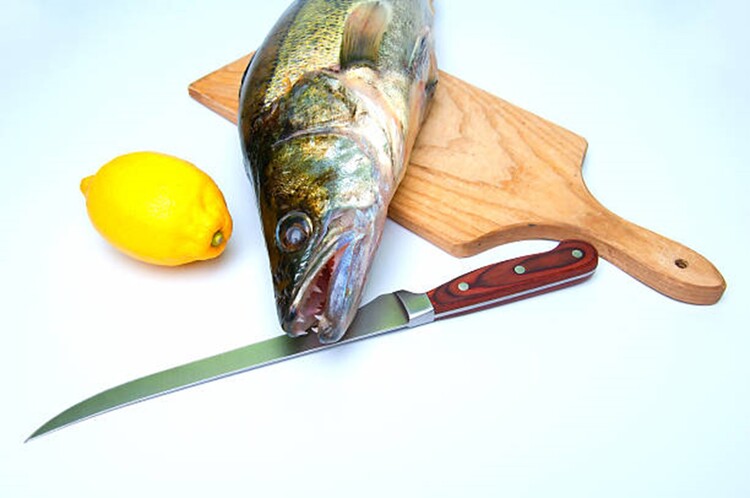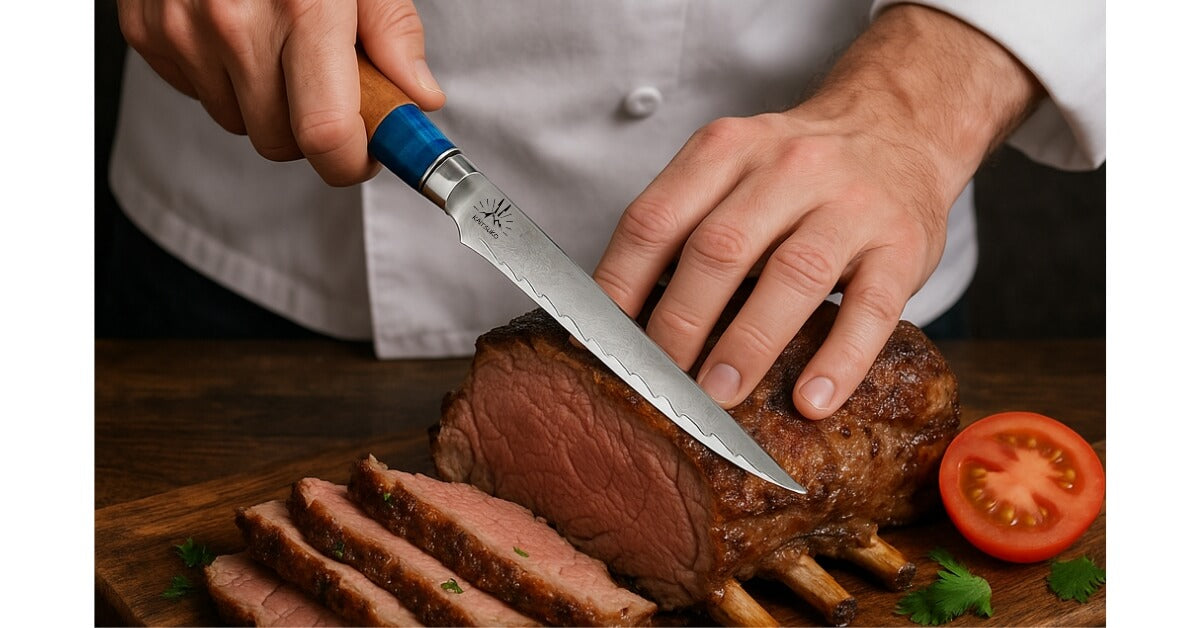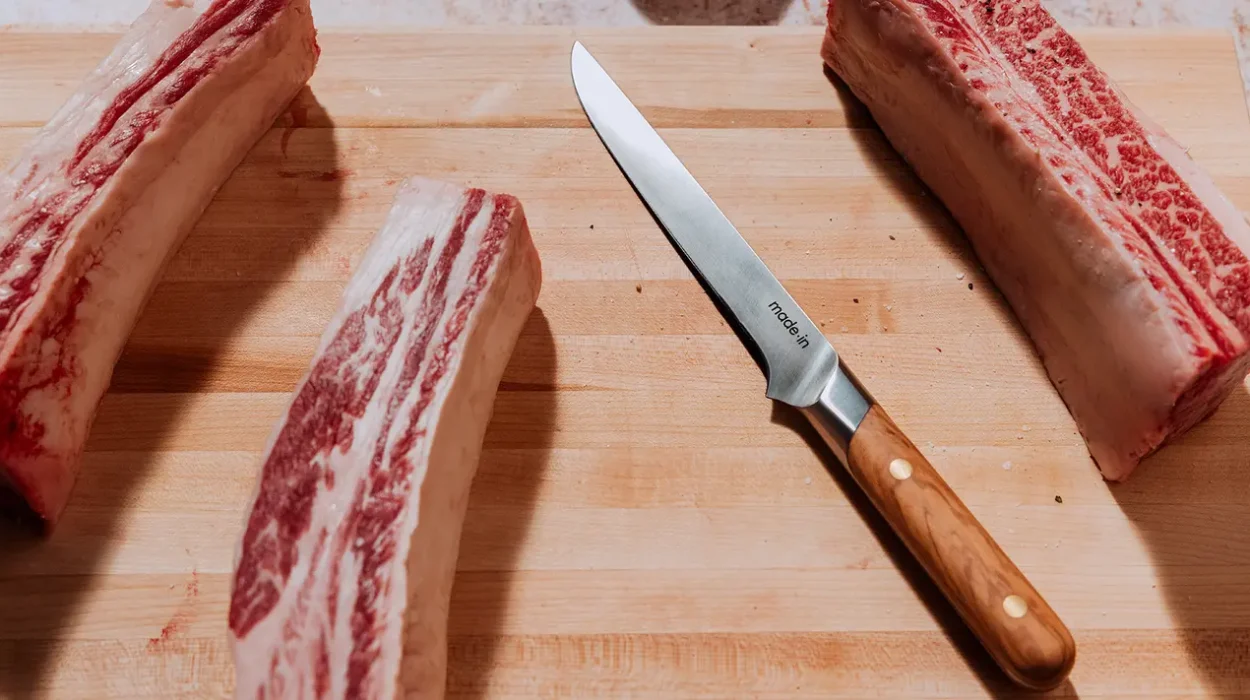When it comes to maintaining the quality and longevity of your kitchen tools, hand washing boning knives is an essential practice. For both professional chefs and cooking enthusiasts, understanding the significance of this practice can greatly enhance your culinary experience. Let’s delve into why hand washing is crucial and how you can effectively maintain your boning knives.

The Importance of Hand Washing
In the fast-paced environment of a professional kitchen, it might be tempting to toss your boning knives into the dishwasher. However, this can be detrimental to the knife’s condition. Hand washing helps to preserve the sharpness of the blade and prevents damage to the handle.
Preserving Blade Sharpness
Boning knives are prized for their precision and sharpness, which can be compromised by the harsh detergents and high temperatures of dishwashers. By choosing to wash your knives by hand, you ensure that their blades remain as sharp as possible for precise cutting tasks.
Preventing Handle Damage
The handles of boning knives are often made from materials that can be weakened by prolonged exposure to water and detergent. Hand washing allows you to carefully clean the knife without compromising the integrity of its handle.
Proper Hand Washing Techniques
Adopting the right technique is key to effectively cleaning and maintaining your boning knives. Here are some steps to follow:
Step 1: Rinse Immediately After Use
After using your knife, rinse it under warm water immediately. This helps to remove any food particles that could potentially stain or dull the blade.
Step 2: Use Mild Detergent
Opt for a mild detergent and a soft sponge to gently clean the blade and handle. Avoid abrasive materials that could scratch the surface of the knife.
Step 3: Dry Thoroughly
Once washed, dry your boning knife thoroughly with a clean towel. Leftover moisture can lead to rust or corrosion, especially on high-carbon steel blades.
Common Mistakes to Avoid
While hand washing is beneficial, it is important to avoid certain mistakes that could negate its advantages. Here are some pitfalls to avoid:
Using Abrasive Materials
Avoid using steel wool or abrasive pads as they can scratch and damage the knife’s surface.
Leaving Knives Soaking
Do not leave your knives soaking in water. Prolonged exposure to water can damage both the blade and the handle.
Additional Tips for Knife Care
Beyond washing, there are other practices that can further extend the life of your boning knives.
Regular Sharpening
Maintaining the edge of your knife is crucial. Regular sharpening ensures that your knife performs at its best. Consider using a sharpening stone or a professional sharpening service.
Proper Storage
Store your boning knives in a knife block or on a magnetic strip to prevent accidental damage and ensure safety in the kitchen.
Understanding Boning Knives
To fully appreciate the importance of hand washing, it’s beneficial to understand what makes boning knives unique. These knives are designed for removing bones from meat, poultry, and fish with precision. Their narrow and flexible blades allow for intricate cuts, making them an indispensable tool in the kitchen.
Types of Boning Knives
There are various types of boning knives, each suited for different tasks. For instance, curved boning knives are ideal for working around joints, while straight boning knives excel at filleting fish. Learn more about choosing the right boning knife for your needs.
Material Considerations
The material of the knife blade plays a significant role in its maintenance. High-carbon steel blades require more careful cleaning and drying to prevent rust, while stainless steel blades are more resistant to corrosion.

FAQs About Hand Washing Boning Knives
Why is hand washing better than using a dishwasher?
Hand washing is gentler on both the blade and handle, preserving the knife’s sharpness and integrity.
Can I use any detergent to wash my boning knives?
It’s best to use a mild detergent to avoid damaging the knife’s surface.
How often should I sharpen my boning knife?
Regular sharpening is recommended, depending on usage, to maintain the knife’s performance.
Hand washing your boning knives is a simple yet effective practice that can significantly extend their lifespan. By taking the time to care for your knives properly, you’re investing in the longevity and performance of one of your most important kitchen tools. For more insights on knife care, visit this comprehensive guide.
This article contains affiliate links. We may earn a commission at no extra cost to you.


